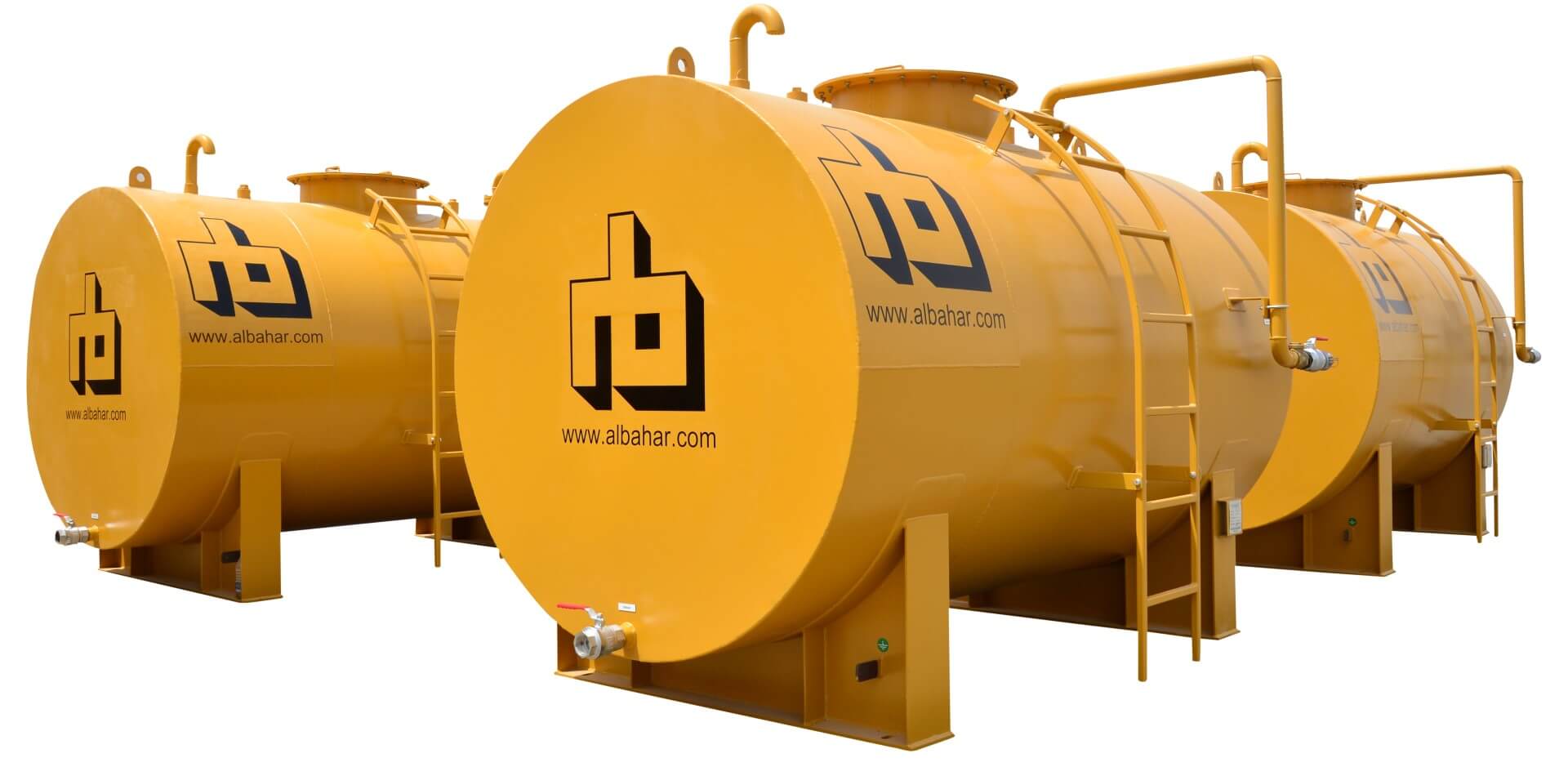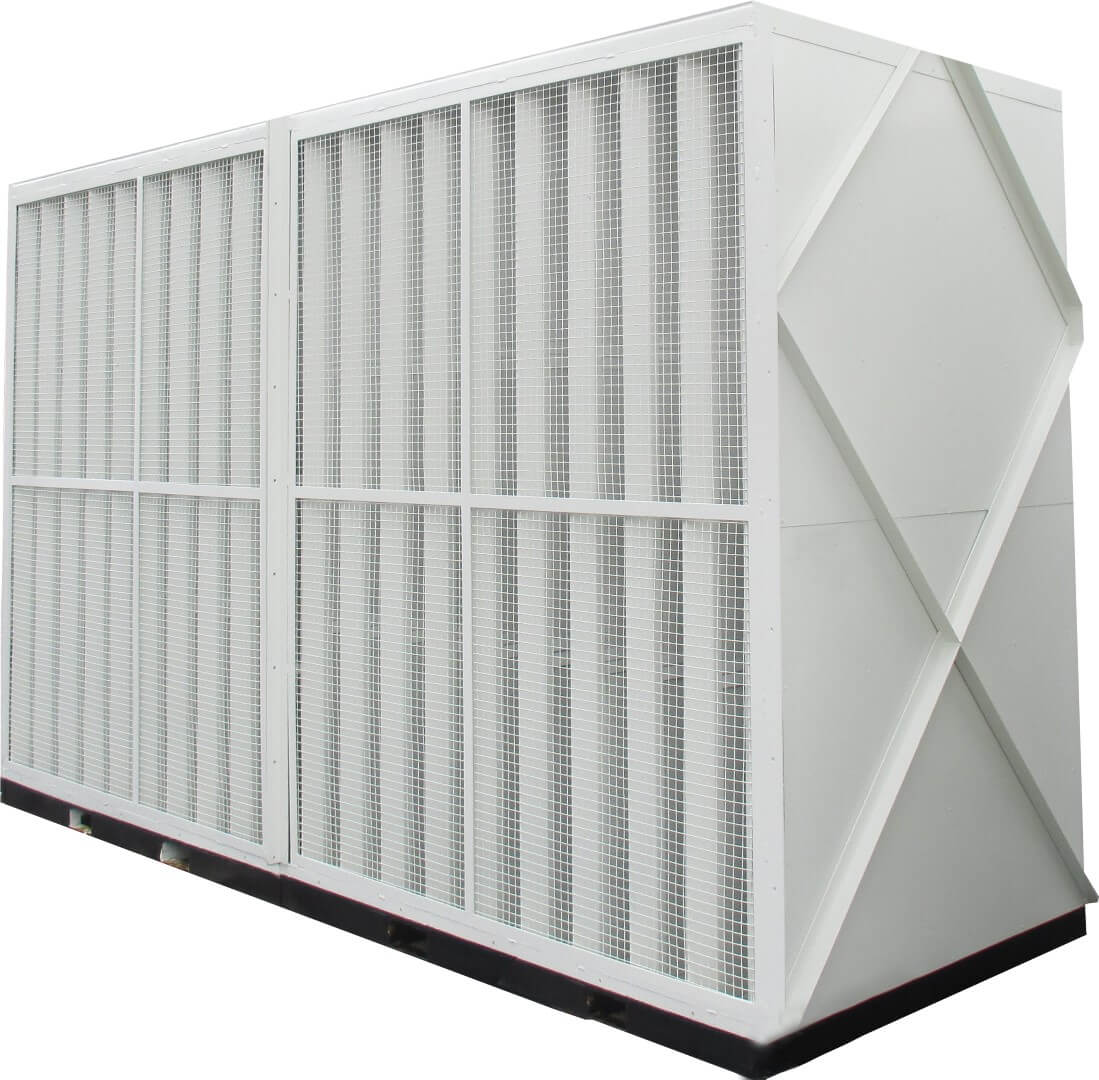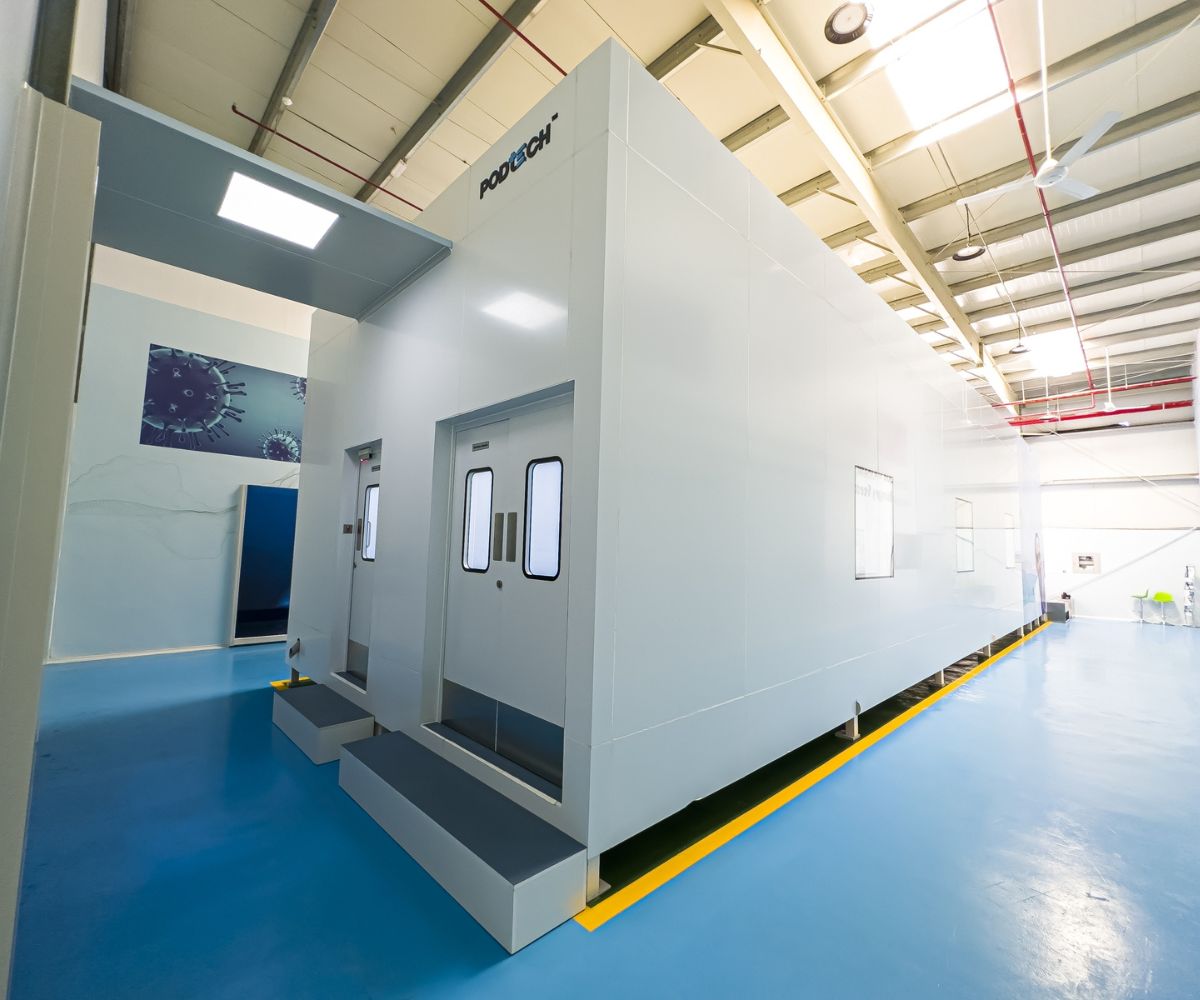Cost of Fuel Storage Tanks: A Complete Guide

Strong 8k brings an ultra-HD IPTV experience to your living room and your pocket.
Understanding the cost of fuel storage tanks is crucial for businesses across various sectors, including agriculture, transportation, construction, and manufacturing. Whether for storing diesel, gasoline, jet fuel, or other petroleum products, choosing the right tank and understanding its cost implications can significantly affect operational budgets.
Types of Fuel Storage Tanks and Their Costs
There are several types of fuel storage tanks, each designed for specific uses and environments. The cost of these tanks varies depending on material, capacity, installation requirements, and regulatory standards.
1. Above Ground Storage Tanks (ASTS)
Above Ground Storage Tanks are commonly used due to their accessibility, ease of maintenance, and relatively lower installation costs.
- Single-wall ASTs: These are the most basic and cost-effective, generally ranging from $500 to $10,000, depending on capacity.
- Double-wall ASTs: Provide added environmental protection with secondary containment. Prices start from $2,000 and can go up to $50,000 or more.
- UL-142 compliant tanks: Certified tanks that comply with fire safety standards. Expect to pay around $1.50 to $3.00 per gallon of capacity.
Factors Affecting Cost:
- Tank size (typically from 275 gallons to 50,000 gallons)
- Material (steel or fibreglass)
- Coatings and corrosion resistance features
- Local compliance and environmental regulation requirements
2. Underground Storage Tanks (USTs)
Underground Storage Tanks are ideal for locations where space is limited or aesthetics are a concern.
- Cost Range: USTs are more expensive due to excavation and safety measures, typically between $10,000 and $100,000.
- Installation alone can cost upwards of $25,000, depending on depth, site prep, and permits.
- Double-walled fibreglass tanks (1,000 to 10,000 gallons) can cost $2.50 to $5.00 per gallon installed.
Additional Costs:
- Leak detection systems
- Soil and groundwater testing
- Ongoing inspection and maintenance
3. Portable Fuel Storage Tanks
These are used for mobile applications, including refuelling in remote locations or temporary job sites.
- Small portable tanks (50–500 gallons) range from $300 to $5,000.
- DOT-approved portable fuel trailers can cost $8,000 to $30,000, depending on size and features like pumps, meters, and hose reels.
Key Cost Components in Fuel Tank Installation
Beyond the base price of the tank, several associated costs must be considered:
1. Site Preparation
Site clearing, excavation (for USTs), and levelling are necessary before installation.
- Cost: $2,000 to $15,000, based on soil conditions and labour.
2. Tank Transportation
Large fuel tanks require special transport and cranes for placement.
- Cost: $500 to $5,000, depending on distance and size.
3. Piping and Dispensing Systems
Fuel tanks often need integrated systems for fuel dispensing, monitoring, and venting.
- Cost: $1,000 to $20,000, depending on the system's complexity and whether automation is required.
4. Permitting and Compliance
Environmental permits and compliance with EPA, NFPA, and local regulations are mandatory.
- Cost: $1,000 to $10,000 in fees, inspections, and documentation.
Fuel Tank Material and Longevity
Steel tanks are durable and commonly used for both ASTs and USTs. However, they require corrosion protection. Fibreglass tanks are non-corrosive and lighter, but more expensive.
- Steel lifespan: 20–30 years with proper maintenance
- Fibreglass lifespan: 30–50 years, low maintenance
Cost trade-offs must consider initial investment vs long-term durability.
Maintenance and Operating Costs
Maintenance plays a critical role in the total cost of ownership.
- Regular inspections: $500 to $2,000 annually
- Cathodic protection systems (for steel USTs): $1,000 to $3,000 for installation and monitoring
- Cleaning and sludge removal: $500 to $5,000, depending on tank size
Neglecting maintenance can lead to leaks, contamination fines, and environmental liabilities.
Regulations and Environmental Considerations
Fuel storage tanks must comply with strict environmental regulations. Key agencies include:
- Environmental Protection Agency (EPA)
- National Fire Protection Association (NFPA)
- State and local environmental departments
Failure to comply can result in hefty penalties, ranging from $10,000 to $100,000 for violations.
Investing in double-walled tanks, spill containment systems, and leak detection can minimise these risks and enhance cost-efficiency over time.
Cost-Saving Tips for Fuel Tank Buyers
To optimise your budget while ensuring compliance and efficiency:
- Buy in bulk: Some suppliers offer discounts for multiple units or large-capacity orders.
- Refurbished tanks: Consider certified refurbished tanks for non-critical applications.
- Modular systems: Modular fuel storage can reduce installation complexity and cost.
- Routine maintenance: Proactively servicing tanks reduces long-term repair and liability costs.
Conclusion
The cost of fuel storage tanks depends on numerous factors, including type, material, capacity, and installation location. Businesses must balance upfront costs with regulatory compliance, safety features, and operational needs to make informed investment decisions.
Read Also: Understanding the Feshop Dashboard
Whether you're installing a 10,000-gallon underground fuel tank for a gas station or a portable diesel tank for a construction fleet, a detailed cost analysis is key to long-term success.
Note: IndiBlogHub features both user-submitted and editorial content. We do not verify third-party contributions. Read our Disclaimer and Privacy Policyfor details.






